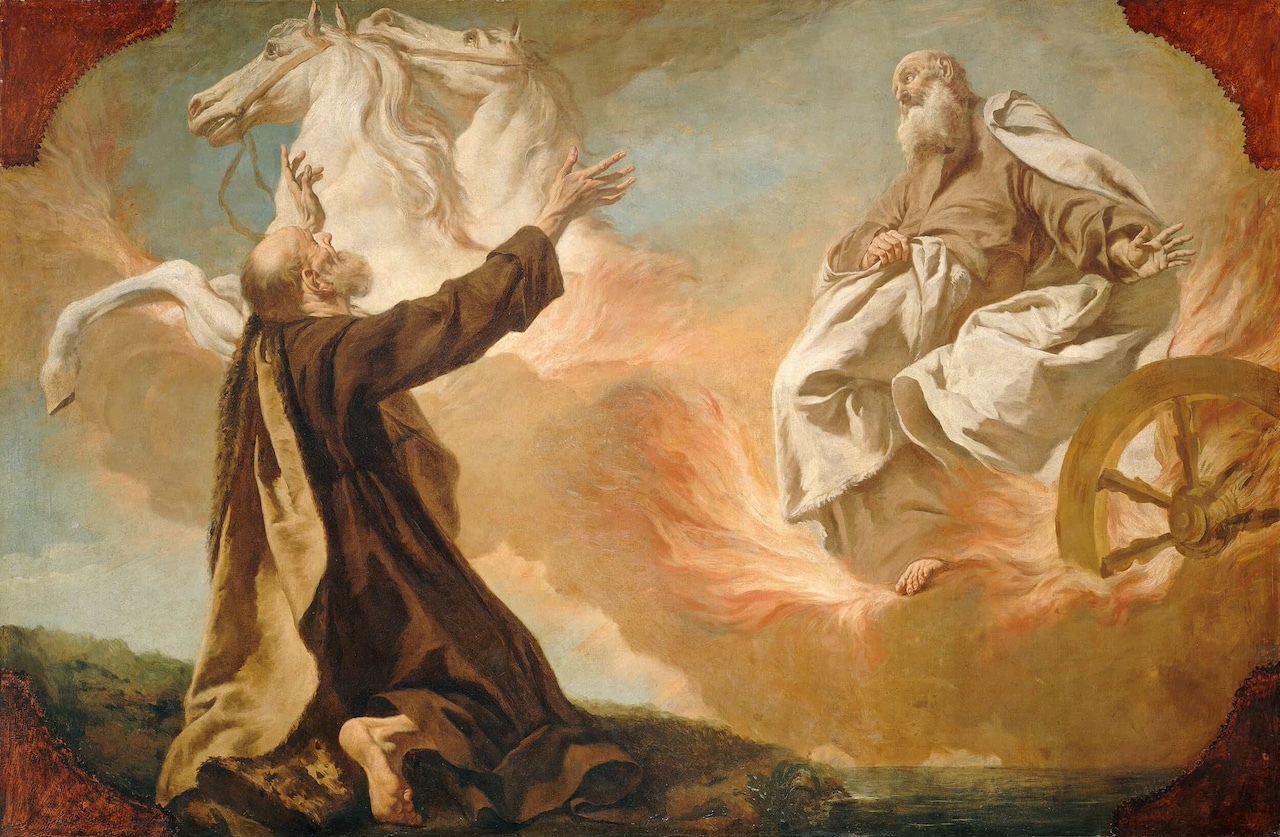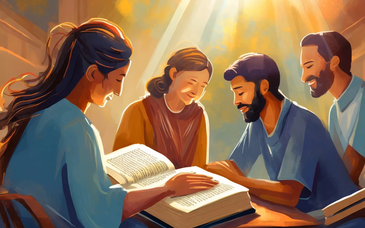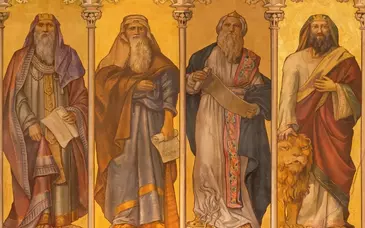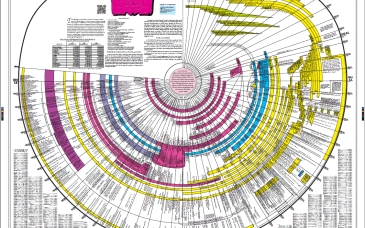In the biblical Books of Kings, two influential figures stand out as powerful prophets who played pivotal roles in the history of Israel: Elijah and Elisha. These prophets were more than just bearers of God's messages; they were instruments of divine purpose. This post explores the profound significance of Elijah and Elisha in the Books of Kings and how their lives and ministries were intertwined with God's plan for Israel.
Elijah: The Prophet of Fire
Elijah burst onto the biblical scene with fiery zeal and unwavering faith in the one true God. His name, "Elijah," means "Yahweh is my God," reflecting his singular devotion to the God of Israel. His primary mission was to confront the idolatrous practices of King Ahab and Queen Jezebel, who had introduced the worship of Baal to Israel.
- Champion of Monotheism: In a time when Israel was tempted to stray from the worship of Yahweh, Elijah's purpose was to emphasize the exclusive worship of the one true God. He confronted the prophets of Baal on Mount Carmel in a dramatic showdown that demonstrated Yahweh's supremacy.
- Chariot of Fire and Spiritual Succession: Elijah's ministry concluded with a dramatic departure from this world, as he was taken up to heaven in a chariot of fire. He left behind a legacy and a mantle that was passed on to Elisha, marking the beginning of Elisha's prophetic journey.
Elisha: The Heir to the Prophet
Elisha, a farmer turned prophet, picked up the mantle of Elijah, both literally and metaphorically. His calling was closely intertwined with Elijah's legacy, and he continued the work of his predecessor with remarkable dedication.
- Miracles and Compassion: Elisha's ministry was marked by an abundance of miracles, demonstrating God's power and compassion. He miraculously parted the Jordan River, multiplied a widow's oil, healed Naaman's leprosy, and even raised the Shunammite woman's son from the dead.
- Economic and Social Justice: Elisha also played a role in social and economic justice. His actions, like the curse on Gehazi and the prophecies about abundance in the midst of famine, underscored God's concern for justice and the welfare of the poor.
- Anointing of Kings: Elisha was instrumental in anointing Jehu as king, a move ordained by God to bring judgment upon the house of Ahab. This act aligned with God's divine plan for the nation.
A Bigger Picture: Divine Purpose in Israel
The lives and ministries of Elijah and Elisha were integral to God's larger purpose for Israel as revealed in the Books of Kings. Their roles included:
- Restoration of True Worship: Both prophets aimed to restore and preserve the worship of Yahweh, emphasizing monotheism in a time when idolatry threatened to undermine it.
- Prophetic Tradition: Their ministries reinforced the importance of the prophetic tradition in Israel. Prophets served as intermediaries between God and the people, delivering divine messages, guidance, and warnings.
- Divine Sovereignty: Their experiences, from miraculous provisions to powerful signs and wonders, underscored God's sovereignty over Israel and all of creation.
The narratives of Elijah and Elisha in the Books of Kings serve as compelling reminders of divine purpose in human history. These prophets were chosen by God to confront, guide, and demonstrate His authority and love to the nation of Israel. Their lives were not merely individual stories but integral components of a larger divine plan for the redemption and restoration of God's people. In studying their journeys, we find profound lessons about faith, obedience, and the enduring significance of God's purpose in the lives of those who follow His call.




